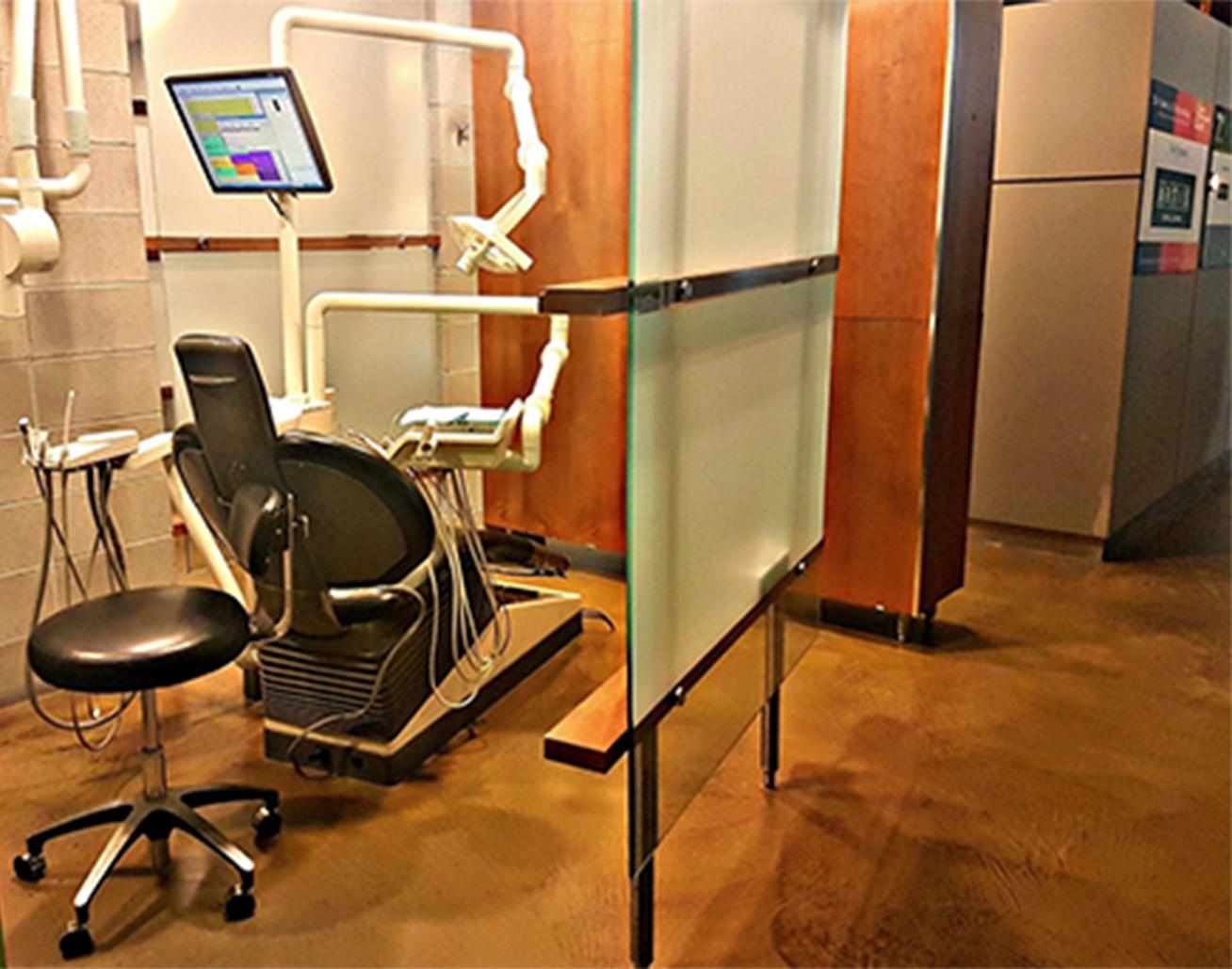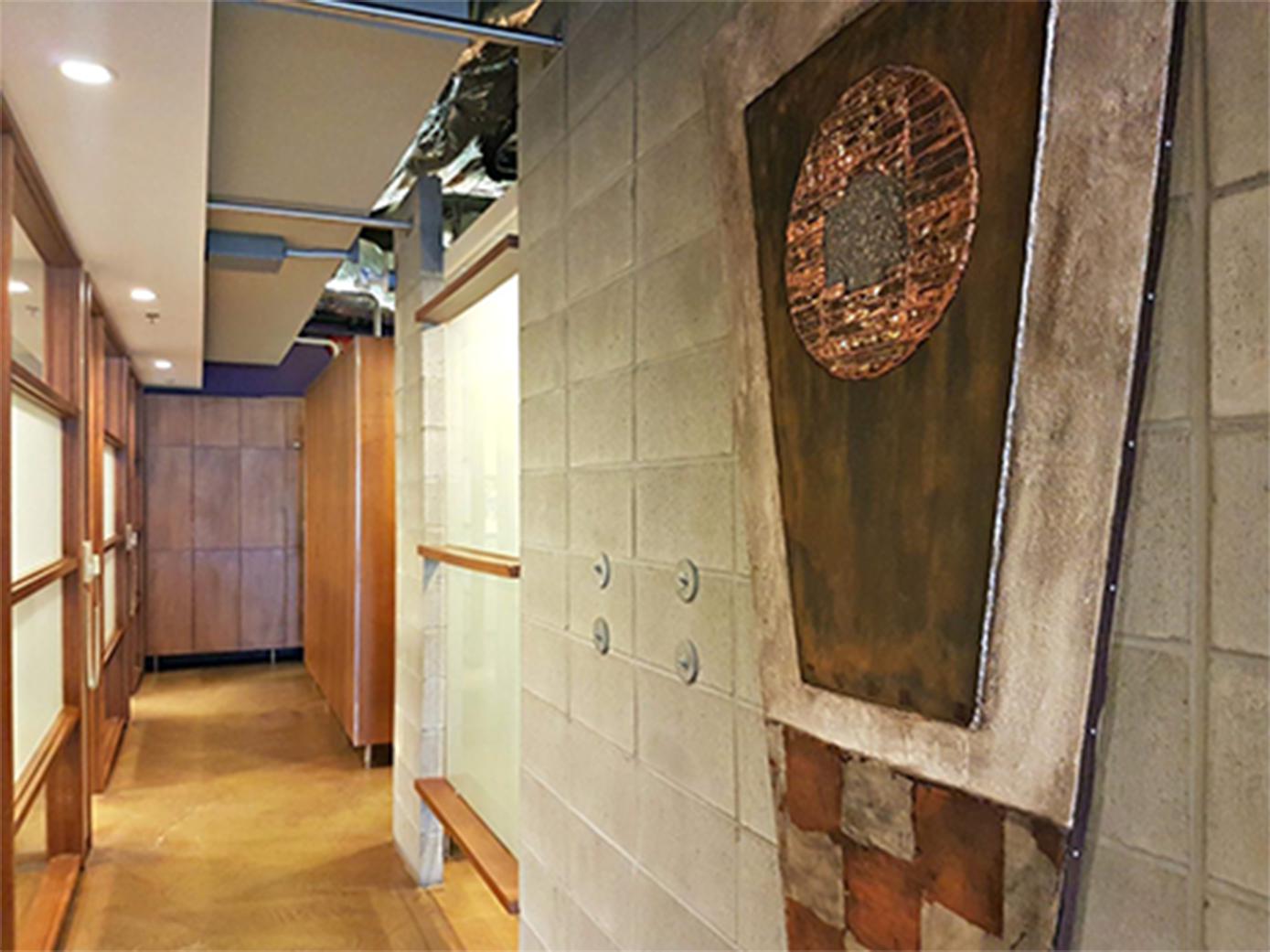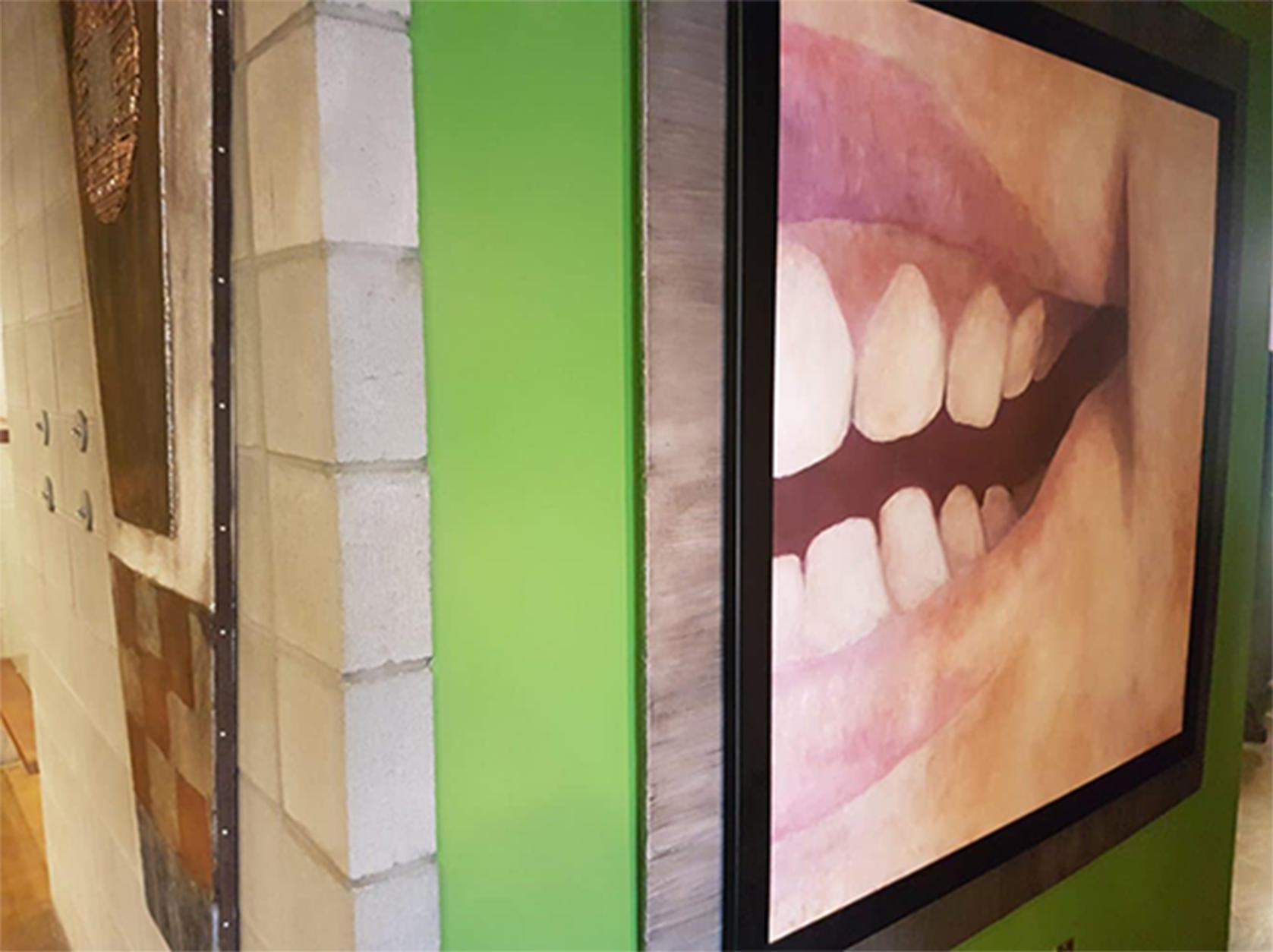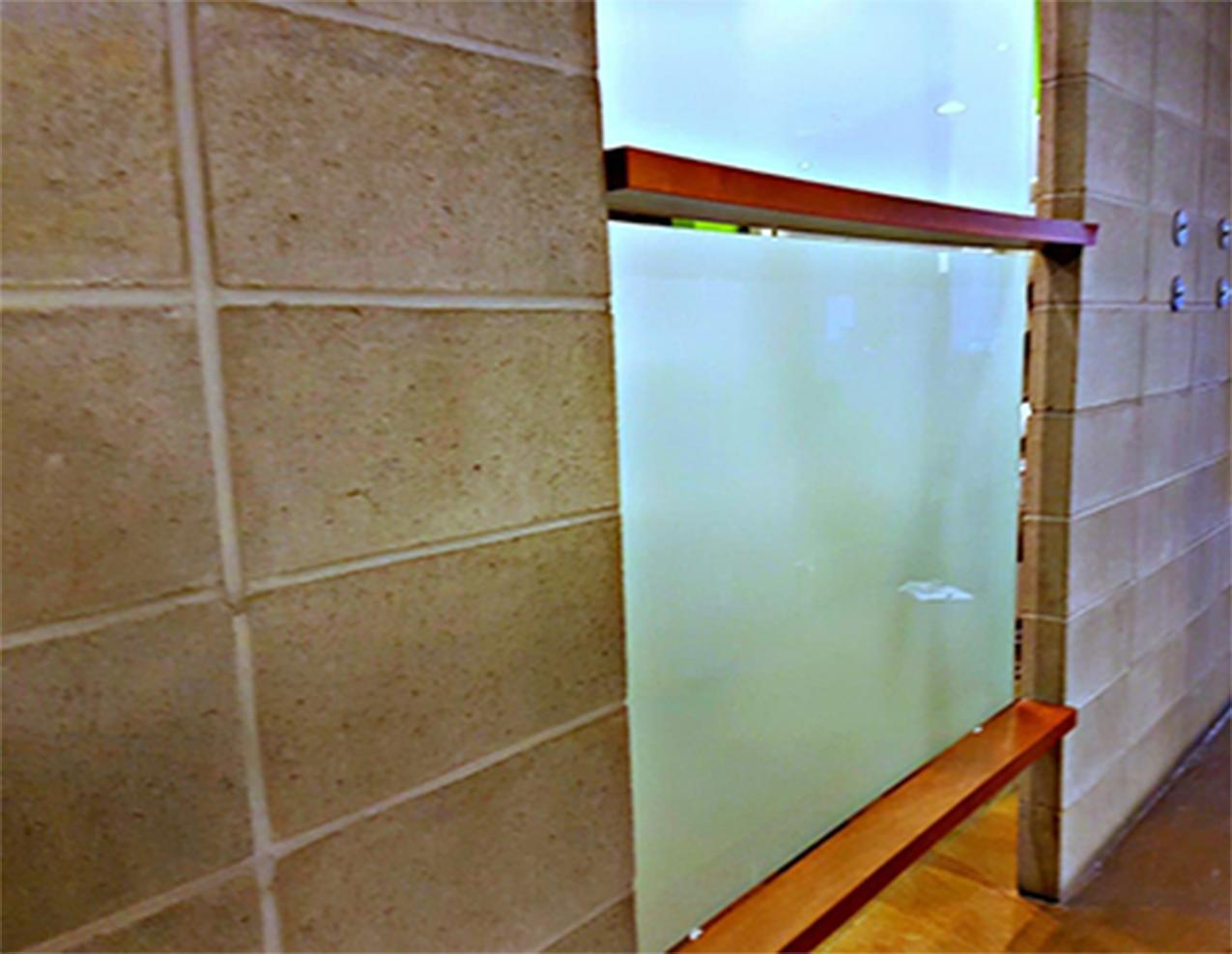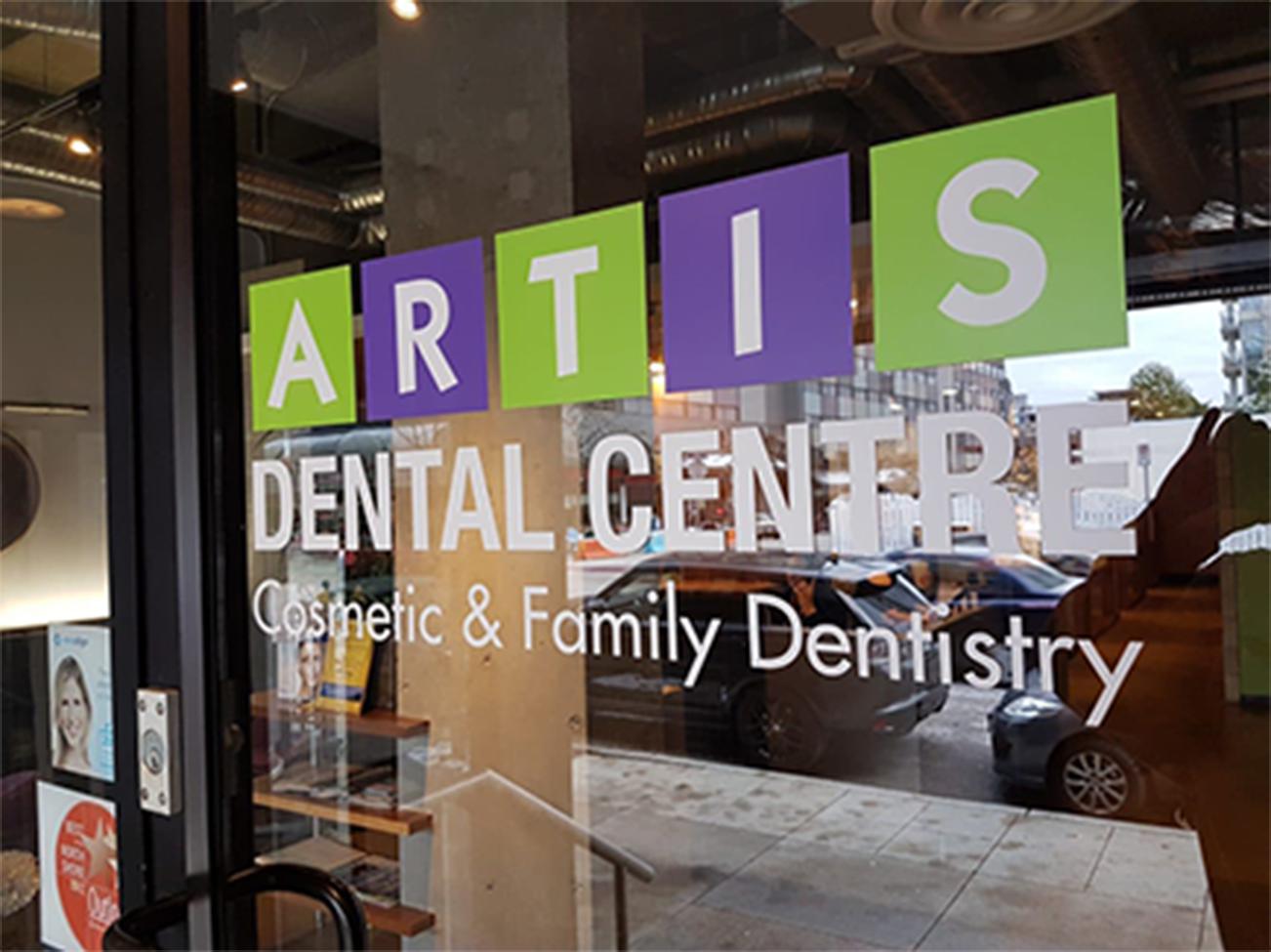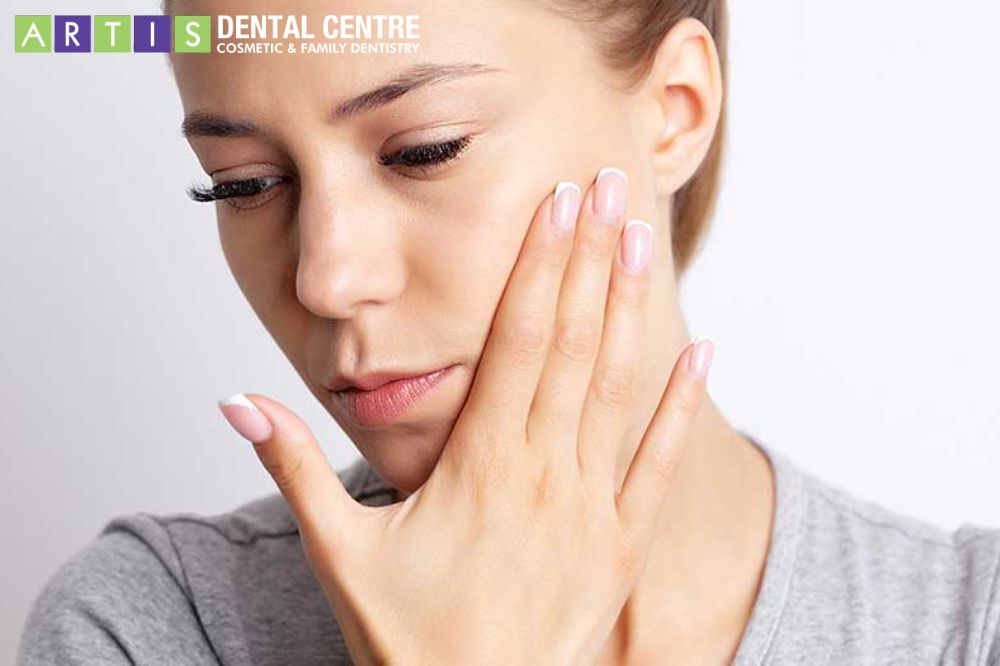
Temporomandibular joints (TMJ) are used regularly for basic daily activities like chewing, speaking, and yawning. But if the TMJ is damaged, you get temporomandibular disorders (TMD), and you experience pain, discomfort, and even the inability to perform daily activities. If you want TMJ therapy in New Westminster, the first step is to get information about TMJ disorders and the ways to treat them, and it will lead to relief.
Understanding TMJ Disorders
Temporomandibular Disorders (TMD) are problems related to the joint of the TMJ and the muscles that control the jaw. TMJ disorders can exhibit such symptoms as the following:
- Jaw Pain and Tenderness: You experience a typical pain in the jaw whenever you open your mouth.
- Clicking or Popping Sounds: Developing crackling or popping noises on opening and closing the mouth, with infrequent associated pain.
- Limited Jaw Movement: The jaw is unable to open or close normally due to clenching.
- Facial Pain: Pains, discomfort, or aches in the face, neck, or shoulders.
Causes of TMJ Disorders
The following factors can lead to TMJ disorders:
- Dental Misalignment: A situation where the jaws do not come together in fair, procrural alignment is called an unbalanced bite or malocclusion. A malocclusion that places undue stress on the TMJ.
- Bruxism: Recurring teeth grinding or clenching, usually at night, which can tighten the jaw muscles.
- Injury: Trauma to the head or jaw that interferes with the regular function of the joint.
- Arthritis: Joint conditions that degenerate the cartilage and function of the TMJ.
The Dentist’s Role in TMJ Therapy
Dentists perform an important role in the diagnosis and treatment of TMJ disorders. They can recognize the cause of TMD through their knowledge of oral health and jaw function and provide suitable treatment recommendations. If you are looking for TMJ therapy near you, a dentist can recommend one or more of the following methods:
1. Oral Appliances
Fixed appliances such as night guards or bite splints and elastomers are utilized to release TMJ tension by preventing grinding and reducing pressure on the joint. Orthotics can calm a tense jaw and promote the alignment of the jaw at night.
2. Bite Adjustment
If an uneven bite contributes to TMD symptoms, a dentist may recommend orthodontic treatments or restorative procedures like crowns and bridges to correct alignment and distribute biting forces more evenly.
3. Physical Therapy for TMJ
A combination of jaw exercises, stretching, and massage techniques can help strengthen the muscles around the TMJ, improve mobility, and relieve tension. Some dentists may also work in collaboration with physical therapists to enhance treatment effectiveness.
4. Stress Management Techniques
Since stress and anxiety can lead to teeth clenching and exacerbate TMJ pain, relaxation techniques such as mindfulness, meditation, and counselling may be advised as part of a holistic treatment approach.
Consulting a Reliable Dentist for TMJ Treatment
If you’re experiencing persistent jaw pain or related symptoms, consulting a dentist near you who has experience in TMJ therapy is crucial. Early intervention can prevent worsening symptoms and promote long-term relief. During a dental consultation, your dentist will perform a thorough evaluation, possibly including X-rays or digital imaging, to assess your jaw function and identify the most suitable treatment.
Your Partner in TMJ Therapy: Artis Dental Centre
At Artis Dental Centre, we understand the challenges associated with TMJ disorders and are dedicated to providing effective, patient-centred care. Our skilled dental team in New Westminster offers customized treatment plans tailored to your specific needs.
If you’re looking for a dentist in New Westminster to help manage and relieve your TMJ symptoms, we invite you to schedule a consultation with us. Our team of dentists is committed to helping you regain jaw function, alleviate pain, and improve your overall well-being. Take the first step toward relief—contact Artis Dental Centre today!








